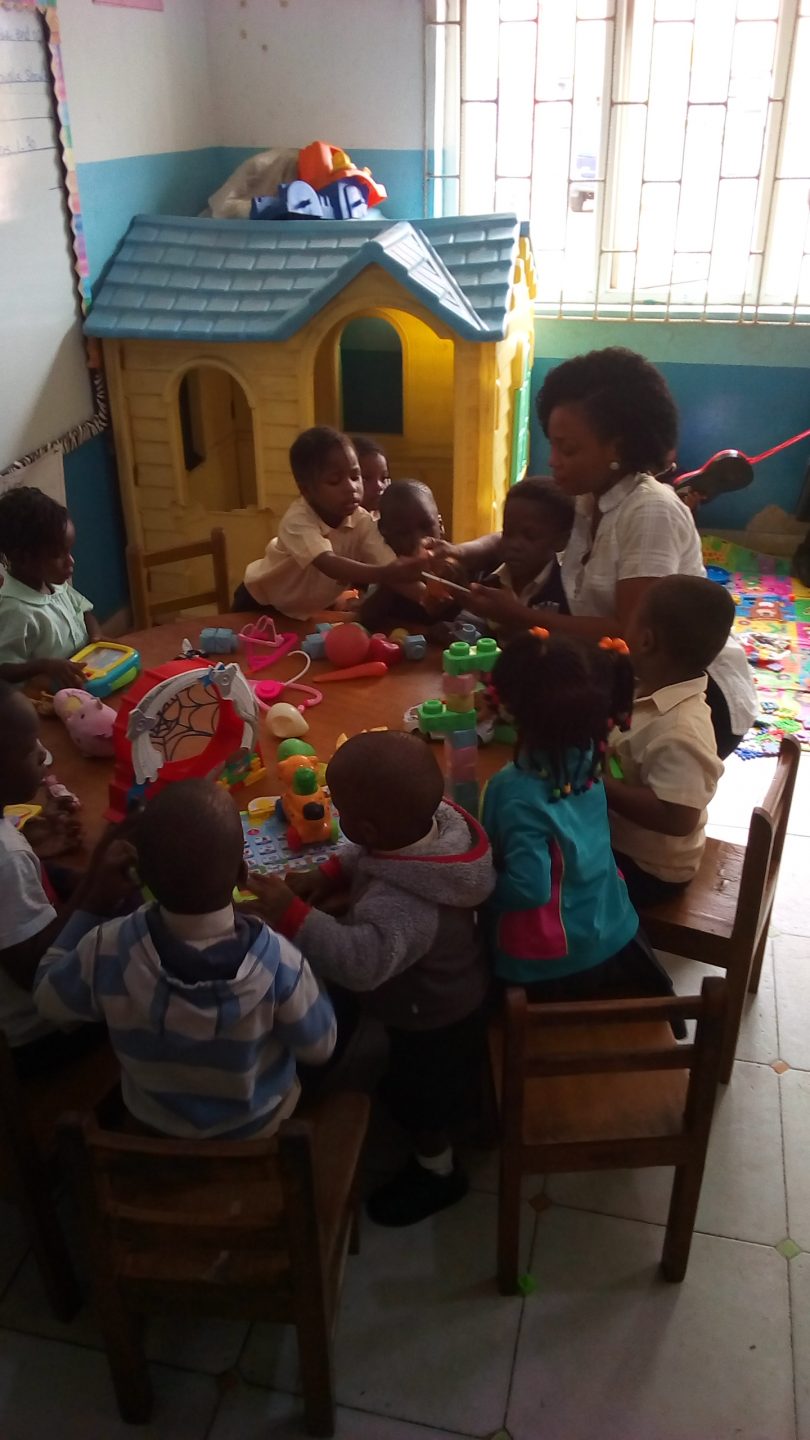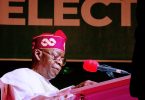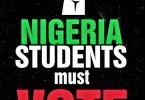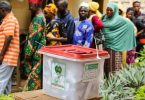By Janelle Cox
Areas of Observation by Cooperating Teacher (Classroom Teacher)
Here you will find a question or statement followed by specific areas the cooperating teacher will be observing the student teacher on.
1. Is the student teacher prepared?
Do they have an organized, detailed lesson plan and all materials needed?
2. Do they have knowledge of the subject matter and a purpose?
Can the student teacher answer students’ questions? Can he/she motivate students to peak their interest in the subject matter?
3. Can the student teacher control students’ behavior?
Keep their attention
Involve students in the lesson
Stop lesson when needed
Aware of individual needs
Provide positive reinforcement
4. Does the student teacher stay on topic?
Do they follow a logical sequence?
5. Is the student teacher enthusiastic about the lesson they are teaching?
Are students excited shown through class participation and behavior?
Are the activities appropriate?
6. Does the student teacher have the ability to:
Stay on topic?
Give directions?
Reach objectives?
Vary questions?
Involve students?
Encourage participation and thinking?
Summarize lesson?
7. Is the student teacher able to present:
Enthusiasm?
Details?
Flexibility?
Speech and grammar?
8. Do students actively participate in class activities and discussions?
Are students attentive and interested?
Are students cooperative and responsive?
9. How do the students respond to the student teacher?
Do they follow directions?
Do they display understanding?
Are they respectful?
10. Does the teacher communicate effectively?
Provide visual aids
Tone of voice
Areas of Observation by College Supervisor
Here you will find several topics that can be observed during a single lesson.
Grammar Tip of the Day
Discover grammar tips, writing help, and fun English language facts.
ONE-TAP SIGN UP
1. General appearance and demeanor
Dresses appropriately
Good posture, animation, and smiles
2. Preparation
Provides and follows a lesson plan
Has knowledge of the material
Is organized
Is creative
Provides teaching aids
3. Attitude towards the classroom
Respects students
Listens to students
Enthusiastic
Displays a sense of humor
Has patience and sensitivity
Helps students when needed
4. Effectiveness of lessons
Motivates through instruction and presentation
Meets objectives
Stays on topic
Paces lesson
Encourages class participation
Carefully directs and explains expectations
Uses effective questioning
Ability to summarize the lesson
Has a concluding activity
Correlates lesson with other subjects
5. Presenter effectiveness
Speaks clearly using proper grammar
Avoids using colloquialisms such as “you guys” and “yeah”
Attentive to details
Has confidence
Board writing is legible
Maintains authority
6. Classroom management and behavior
Does not embarrass, use sarcasm, or argue with students
Remains an adult at all times
Does not tolerate or dwell on inappropriate behavior
Keeps lesson flowing and knows when to stop or wait
Areas of Observation Used in Self-Evaluation
Here you will find a list of questions that are used in the self-evaluation process by a student teacher.
Are my objectives clear?
Did I teach my objective?
Is my lesson timed well?
Do I remain on one topic too long or too short?
Do I use a clear voice?
Was I organized?
Is my handwriting legible?
Do I use proper speech?
Do I move around the classroom enough?
Did I use a variety of teaching materials?
Do I show enthusiasm?
Do I have make good eye-contact with the students?
Did I explain the lesson effectively?
Were my directions clear?
Did I show confidence and knowledge of the subject?
If you want to further prepare yourself for a student teacher role, you can familiarize yourself with the roles and responsibilities of a student teacher, and find out what the experience is really like.








